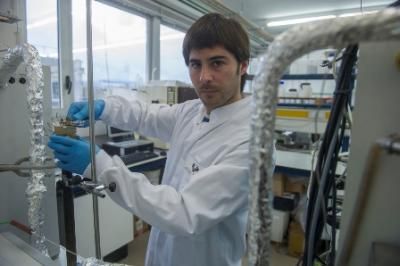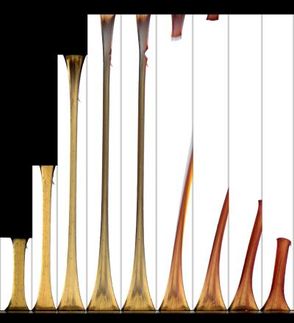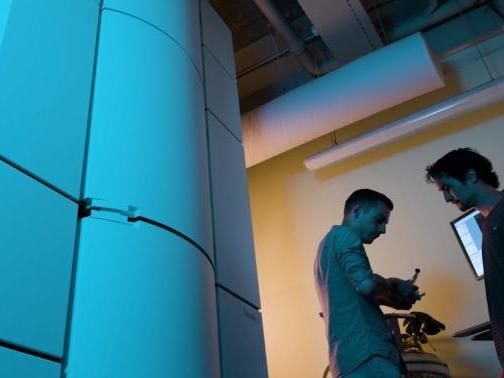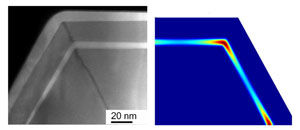Fortron(R) PPS Cuts Cost and Weight of Fuel Cell End Plates by Up to 90%
Study Shows Engineering Plastic Will Shorten Manufacture Cycles, Meet Requirements
Advertisement
Summit, NJ; Frankfurt, Germany, Development work by Ticona, the technical polymers business of Celanese AG, indicates that injection molded end plates made of Fortron(R) polyphenylene sulfide (PPS) can provide significant cost and weight savings in proton exchange membrane (PEM) fuel cells. By integrating the end plate and the adjacent insulating plate into one functional plate, Fortron PPS may reduce cost and weight as much as 90 percent compared to current fuel cell prototypes.
Current Fuel Cell Stacks and Plates Today's PEM fuel cell stacks typically have sets of separate stainless steel or aluminum end plates and insulating plates at both ends of the stack. End plates hold the bipolar plates in the stack together and compress the gaskets between them. Insulating plates have bored manifolds that feed fuel, air and cooling (deionized) water to the stack. The two sets of plates on each stack , even with automated machining can cost on the order of $300-500.
Cost and Weight Reduction Possible Ticona's development work suggests that integrated injection molded plates made of glass-reinforced Fortron PPS that combine end and insulating plates may reduce plate cost to between $100 and $120 per stack. The switch from metal to plastic also should cut stack weight at least 10 pounds. Injection molding reduces manufacturing cycle time to less than one minute per plate.
Fortron PPS Meets Requirements for Fuel Cell Plates "Fortron PPS is an excellent candidate material for end plates, because it has the properties to meet the many demands of fuel cell environments," says Bernie Rachowitz, President of Fuel Cell Components and Integrators, Inc. in Hauppauge, NY, a fuel cell plate manufacturer. "From our experience, it molds well, replicates fine features and has little warpage. In use, it is stiff, strong and hard, has low creep, and looks and feels like metal."
Ami M. El Agizy, Ticona's market development manager for fuel cells, says Fortron PPS has the purity needed to satisfy known electrochemical demands in fuel cells. Tests show this material has little effect on the conductivity of the fluids in contact with it. For instance it meets major automaker conductivity specifications and generates only a 2 µs change in conductivity in a 50 percent glycol solution after seven days, significanty below the specification of 20 µs. "Fortron PPS has excellent dimensional stability and retains its mechanical properties at temperatures of over 200°C," says El Agizy. "This is well above the 80°C at which PEM fuel cells now operate and the 150 °C projected for the next PEM generation.
"It also has the rigidity needed to tolerate the high stresses that go along with compressing PEM fuel stacks, as well as long-term resistance to deionized water, oxygen, and propane, natural gas and other hydrocarbon fuels. Beyond this, the PPS is a good insulator, has a low coefficient of thermal expansion, absorbs little water and is inherently flame retardant."
Fortron(R) PPS and Celstran(R) PPS-GF for Fuel Cell Plates Ticona offers both short and long glass fiber-reinforced PPS grades. Smaller fuel cell stacks place relatively low stress on the end plates and can use short fiber-reinforced Fortron 1140L4 PPS. Larger stacks require Celstran(R) PPS-GF, which contains long glass fibers chemically coupled to the plastic matrix using a patented pultrusion process that fully impregnates them. The fully wetted fibers greatly improve the polymer's mechanical properties.
As part of its fuel cell activities, Ticona is a member of the U.S. Fuel Cell Council (USFCC), an industry association dedicated to fostering the commercialization of fuel cells in the United States. The association's website may be accessed at http://www.usfcc.com.





































































